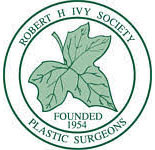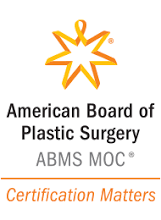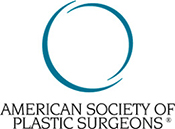Is Hair Loss Common After Pregnancy?
Embarking on the journey of motherhood is a transformative experience, both emotionally and physically. But for many women, the postpartum period brings about changes in their bodies, including fluctuations in hormone levels that can affect various aspects of health, including hair. At The Hair Restoration Center, we understand the concerns that arise during this time, and we’re here to provide insight into the question: Is hair loss common after pregnancy? Let’s take a moment to examine the effects of pregnancy on hair health and explore the potential causes of postpartum hair loss to help you navigate this aspect of your post-pregnancy journey.
Understanding the Dynamics of Postpartum Hair Changes
Pregnancy is often associated with a lustrous, full head of hair, thanks to elevated estrogen levels that can prolong the growth phase of hair and minimize shedding. However, after giving birth, many women experience a noticeable increase in hair shedding, which can be alarming and distressing. This phenomenon, known as postpartum hair loss or telogen effluvium, is a common occurrence and typically occurs around three to six months after childbirth.
The Role of Hormonal Changes in Postpartum Hair Loss
Throughout pregnancy, elevated estrogen levels extend the growth phase of hair, leading to diminished shedding and the appearance of thicker, fuller hair. However, there’s a notable decline in estrogen levels postpartum, prompting a more significant portion of hair follicles to enter the resting (telogen) phase. This transition in the hair growth cycle translates to an uptick in hair shedding, often resulting in noticeable hair loss during routine grooming activities such as combing, washing, or styling. This temporary condition, known as postpartum hair loss, typically resolves on its own within several months as hormone levels stabilize.
The Impact of Stress and Nutrition on Postpartum Hair Health
In addition to hormonal changes, the postpartum period can be accompanied by increased stress and fatigue, which may also contribute to hair shedding. Stress can disrupt the normal hair growth cycle, leading to a higher proportion of hair follicles entering the resting phase and subsequently shedding. Furthermore, the demands of caring for a newborn, coupled with potential sleep deprivation, can impact overall nutrition and dietary habits, which in turn can influence hair health.
Navigating Postpartum Hair Changes with The Hair Restoration Center
As you can see, postpartum hair loss is a common and temporary occurrence for many women, often attributed to hormonal fluctuations, stress, and nutritional factors. At The Hair Restoration Center, we understand the impact of these changes and are here to support you through personalized care and expert guidance. If you’re experiencing postpartum hair loss, seeking support and guidance from a qualified professional is important. Dr. Brian Heil and the team at The Hair Restoration Center are committed to providing personalized care and expertise to address your concerns and help you confidently navigate the postpartum period. Our comprehensive approach to hair health encompasses a range of treatments and solutions designed to promote healthy hair growth and address postpartum hair loss.
Our team will work with you to develop a tailored approach to address your specific needs and restore healthy, vibrant hair. Contact us today to learn more about our comprehensive solutions for postpartum hair changes.















